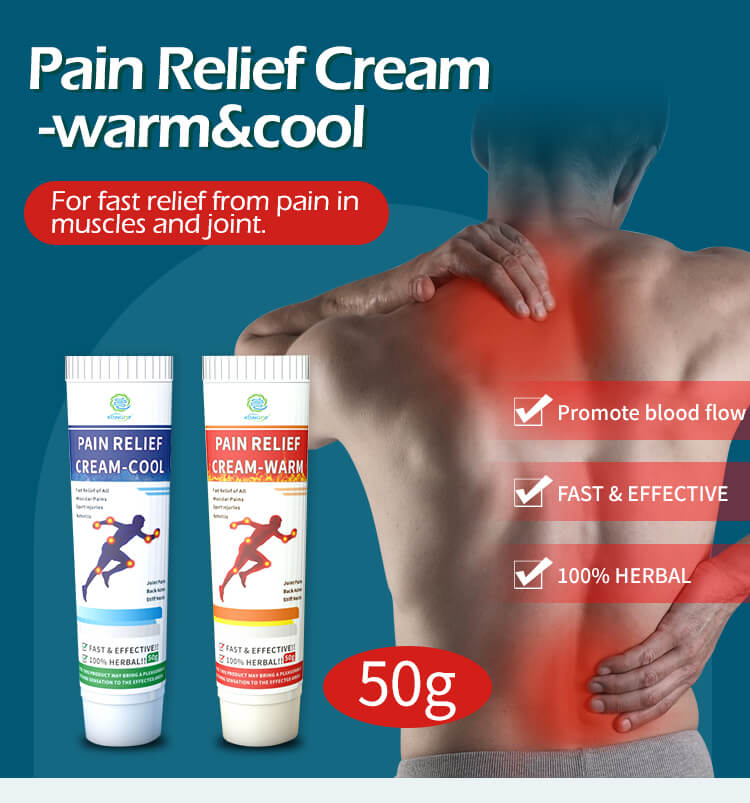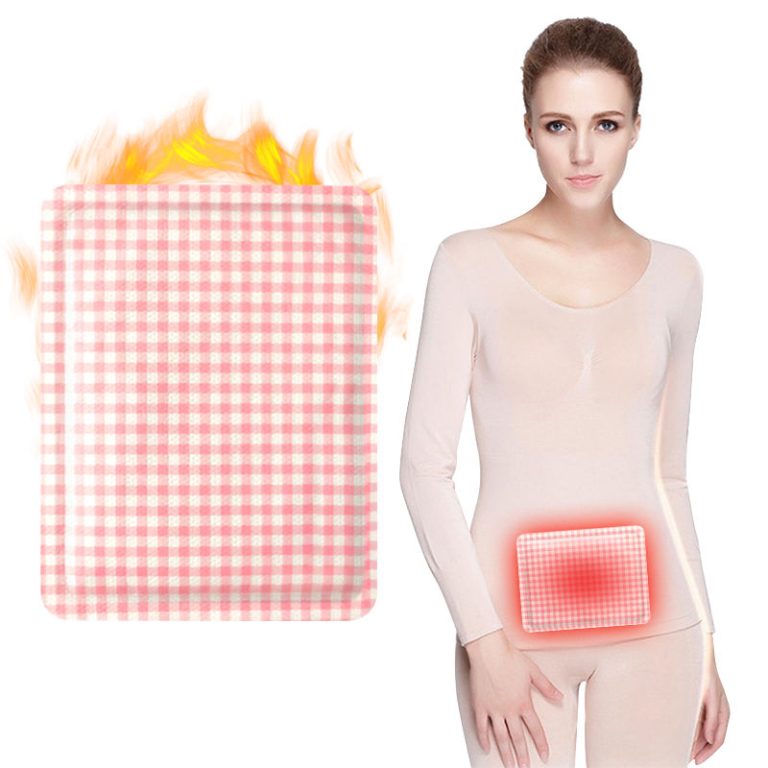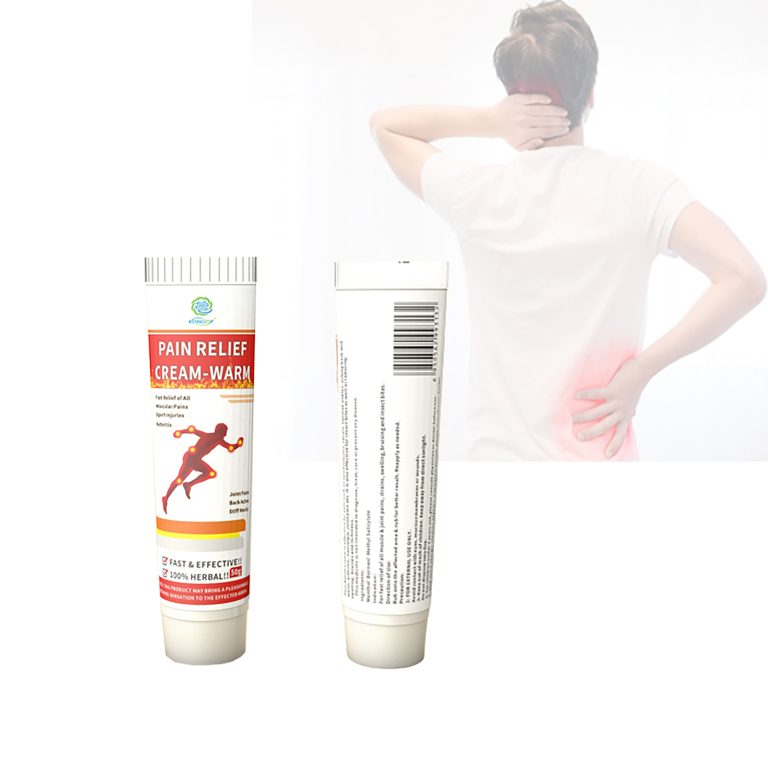Using pain relief cream can be a helpful way to manage minor aches and pains, but it’s important to be aware of certain precautions and considerations. Here are some key points to keep in mind when using pain relief cream:
- Avoid Sensitive Areas
Certain areas of the body, such as the eyes, nose, and mouth, are more sensitive and prone to irritation. Avoid applying pain relief cream to these areas, as it could cause discomfort or more serious reactions.
- Be Mindful of Skin Conditions
If you have any pre-existing skin conditions, such as eczema, psoriasis, or broken skin, it’s best to consult a healthcare professional before using pain relief cream. These conditions may make your skin more vulnerable to irritation or adverse reactions.
- Check for Ingredients
Different pain relief creams contain various active ingredients. Be sure to check the ingredient list for any allergens or substances you may be sensitive to. If you’re unsure about any ingredients, it’s a good idea to consult a healthcare provider or pharmacist for advice.

- Use as Directed
Follow the recommended dosage and frequency of use as indicated on the packaging or by your healthcare provider. Overusing pain relief cream can lead to skin irritation, and using too little may not provide sufficient relief.
- Avoid Ingestion
Keep pain relief cream away from children and pets to prevent accidental ingestion. If the cream is swallowed, seek medical attention immediately.
- Store Properly
Store pain relief cream in a cool, dry place, away from direct sunlight and extreme temperatures. Improper storage can affect the cream’s effectiveness and safety.
Remember, pain relief cream is a topical treatment designed to provide temporary relief. It should not be used as a substitute for professional medical care. If your pain persists or worsens, or if you experience any unusual reactions, seek medical attention promptly.






